Annotations for the Work Programs in the Subject: "Physics"
Course Title:
Physics
Grade:
7-9 FGOS
Number of Hours:
68/68/68
UMK (Unified Educational Methodical Complex)
Textbooks
-
Textbooks:
-
Physics. 7th grade, A.V. Pyeryshkin: Textbook for general education institutions - Moscow, Drofa, 2012 - 13th edition
-
Physics. 8th grade, A.V. Pyeryshkin: Textbook for general education institutions - Moscow, Drofa, 2011 - 11th edition
-
Physics. 9th grade, A.V. Pyeryshkin: Textbook for general education institutions - Moscow, Drofa, 2011 - 11th edition
-
-
Collection of Physics Problems. Grades 7-9 / Compiled by V.I. Lukashik. - 7th edition - Moscow: Prosveshcheniye, 2008.
Goals and Objectives of the Course
-
Mastering the meaning of key scientific concepts and laws of physics, their interconnections.
-
Forming a system of scientific knowledge about nature and its fundamental laws to build an understanding of the physical picture of the world.
-
Systematizing knowledge about the diversity of objects and phenomena in nature, the regularities of processes, and the laws of physics, to realize the possibility of the rational use of scientific achievements in the further development of civilization.
-
Forming confidence in the learnability of the surrounding world and the reliability of scientific methods for its study.
-
Organizing ecological thinking and a value-based attitude toward nature.
-
Developing cognitive interests and creative abilities of students, as well as their interest in expanding and deepening their knowledge of physics.
The achievement of these goals is ensured by solving the following tasks:
-
Familiarizing students with the method of scientific knowledge and the methods of studying objects and phenomena in nature.
-
Acquiring knowledge of mechanical, thermal, electromagnetic, and quantum phenomena, and the physical quantities that characterize these phenomena.
-
Forming students' skills to observe natural phenomena, conduct experiments, laboratory work, and experimental research using measuring instruments.
-
Mastering general scientific concepts such as natural phenomenon, empirically established fact, problem, hypothesis, theoretical conclusion, and result of experimental verification.
Structure of the Program
Explanatory note:
-
Goals and objectives of the course considering the course's specifics.
-
General characteristics of the educational course.
-
Value-based guidelines for the content of the subject.
-
Description of the course's place in the curriculum.
-
Personal, meta-subject (competency-based), and subject-specific outcomes of mastering the particular educational subject/course.
-
Content of the educational course.
-
Educational and thematic plan.
-
Criteria and standards for evaluating students' knowledge, skills, and competencies in relation to various forms of knowledge control.
-
Description of material, technical, educational, methodical, and informational support for the educational process.
-
Control and assessment materials.
Course Title:
Physics
Grade:
7-9 FGOS
Number of Hours:
68/68/68
UMK (Unified Educational Methodical Complex)
Textbooks
-
Textbooks:
-
Physics. 7th grade, A.V. Pyeryshkin: Textbook for general education institutions - Moscow, Drofa, 2012 - 13th edition
-
Physics. 8th grade, A.V. Pyeryshkin: Textbook for general education institutions - Moscow, Drofa, 2011 - 11th edition
-
Physics. 9th grade, A.V. Pyeryshkin: Textbook for general education institutions - Moscow, Drofa, 2011 - 11th edition
-
-
Collection of Physics Problems. Grades 7-9 / Compiled by V.I. Lukashik. - 7th edition - Moscow: Prosveshcheniye, 2008.
Course Goal
Mastering knowledge of fundamental physical laws and principles that form the basis of the modern physical picture of the world; key discoveries in the field of physics that had a decisive influence on the development of technology and engineering; methods of scientific knowledge of nature;
Fostering conviction in the possibility of understanding the laws of nature; using achievements in physics for the benefit of human civilization; the importance of cooperation in solving tasks, respecting opponents' opinions when discussing natural science problems; readiness for moral and ethical evaluation of the use of scientific achievements, and responsibility for protecting the environment;
Using acquired knowledge and skills to solve practical tasks in everyday life, ensuring personal safety, rational use of natural resources, and environmental protection.
Program Structure
Explanatory note:
-
Goals and objectives of the course considering the course's specifics.
-
General characteristics of the educational course.
-
Description of the course's place in the curriculum.
-
Requirements for the students' preparation level and subject-specific outcomes of mastering the particular educational course.
-
Content of the educational course.
-
Educational and thematic plan.
-
Criteria and standards for evaluating students' knowledge, skills, and competencies in relation to various forms of knowledge control.
-
Description of material, technical, educational, methodical, and informational support for the educational process.
-
Control and assessment materials.
Course Title:
Physics
Grade:
10-11 FGOS
Number of Hours:
136
UMK (Unified Educational Methodical Complex)
Textbooks
-
Physics 10th grade: textbook for general education institutions: basic and advanced levels / G.Ya. Myakyshev, B.B. Bukhovtsev, N.N. Sotsky; edited by V.I. Nikolaev, N.A. Parfentyeva, - 24th edition - Moscow: Prosveshcheniye, 2015 - 336 pages.
-
Physics 11th grade: textbook for general education institutions: basic and advanced levels / G.Ya. Myakyshev, B.B. Bukhovtsev, V.M. Charugin; edited by V.I. Nikolaev, N.A. Parfentyeva, - 24th edition - Moscow: Prosveshcheniye, 2015 - 399 pages.
-
Physics. Problem Book 10-11 grades: guide for general education institutions / A.P. Rymkevich. - 18th edition, stereotyped - Moscow: Drofa, 2014 - 188 pages.
Course Goal
Mastering knowledge of mechanical, thermal, electromagnetic, and quantum phenomena; quantities characterizing these phenomena; the laws they follow; methods of scientific knowledge of nature, and forming an understanding of the physical picture of the world;
Mastering the skills of observing natural phenomena, describing and generalizing observation results, using simple measuring instruments to study physical phenomena; presenting observation or measurement results using tables and graphs, and identifying empirical relationships based on them; applying acquired knowledge to explain various natural phenomena and processes, the principles of operation of key technical devices, and solving physics problems;
Developing cognitive interests, intellectual and creative abilities, and independence in acquiring new knowledge while solving physics problems and conducting experimental research using information technologies;
Main Objectives of the Work Program:
-
To form skills in observing natural phenomena,
-
To use simple measuring instruments for studying physical phenomena;
-
To present results of observations or measurements using tables and graphs, and identify empirical relationships;
-
To apply acquired knowledge to explain various natural phenomena, processes, principles of operation of key technical devices, and solving physics problems;
-
To teach how to use acquired knowledge and skills to solve practical tasks in everyday life, ensure personal safety, rational resource use, and environmental protection.
Program Structure
Explanatory note:
-
Goals and objectives of the course considering the course's specifics.
-
General characteristics of the educational course.
-
Value-based guidelines for the content of the subject.
-
Description of the course's place in the curriculum.
-
Requirements for the students' preparation level and subject-specific outcomes of mastering the particular educational course.
-
Content of the educational course.
-
Educational and thematic plan.
-
Criteria and standards for evaluating students' knowledge, skills, and competencies in relation to various forms of knowledge control.
-
Description of material, technical, educational, methodical, and informational support for the educational process.
-
Control and assessment materials.
The Brave Cossack and the Greedy Turk
What is Family Volunteering?
Prevention of Internet Addiction in Children
Order on the Termination of a License for Activities Involving Narcotic Drugs, Psychotropic Substances, and Cultivation of Narcotic Plants

 Deutsch
Deutsch
 Francais
Francais
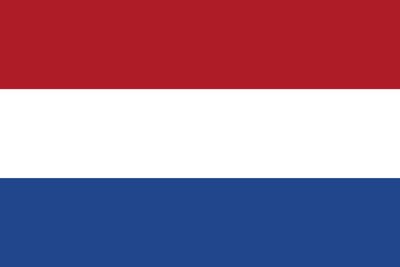 Nederlands
Nederlands
 Svenska
Svenska
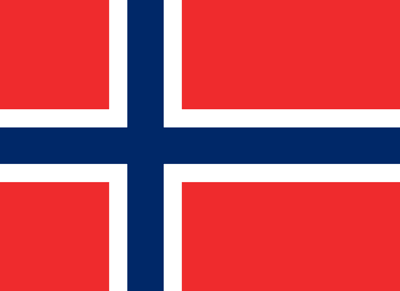 Norsk
Norsk
 Dansk
Dansk
 Suomi
Suomi
 Espanol
Espanol
 Italiano
Italiano
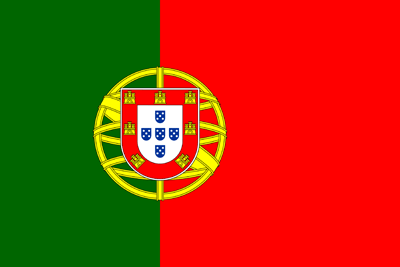 Portugues
Portugues
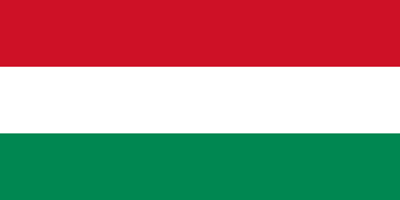 Magyar
Magyar
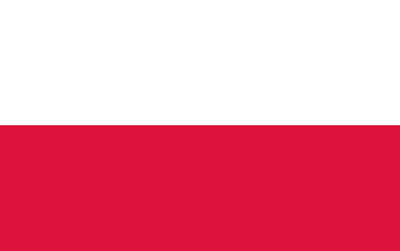 Polski
Polski
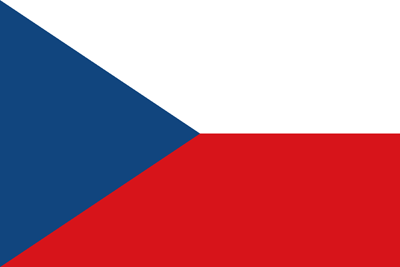 Cestina
Cestina
 Русский
Русский